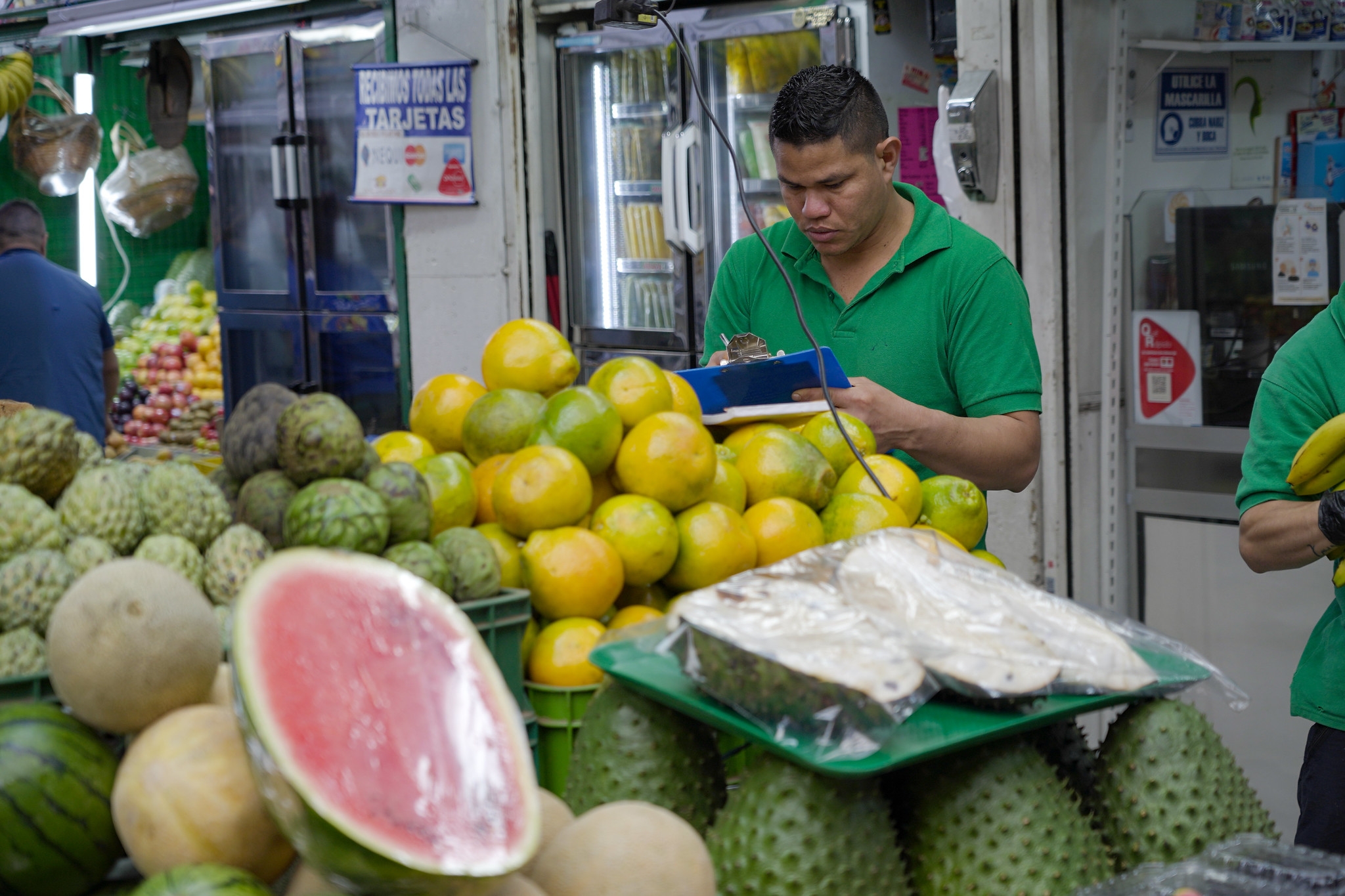
This regional project aimed to strengthen food safety systems in Belize and Honduras through the integration of voluntary third-party assurance (vTPA) programmes into national regulatory frameworks.
Grounded in Codex Alimentarius guidelines and international best practices, the project introduced a risk-based, complementary approach to enhance official food control systems. By leveraging vTPA data, the initiative aimed to reduce the regulatory burden on public authorities while supporting food businesses in meeting export requirements and improving compliance with international standards.
This project is closely related two STDF pilot projects on the use of vTPA programmes in East Africa, benefiting Rwanda and Uganda, and in West Africa, benefitting Mali and Senegal.
Food business operators (FBOs) are responsible for ensuring food safety and demonstrating to competent authorities that effective controls are in place. In response to growing market and regulatory demands, many FBOs are voluntarily using quality assurance schemes, including voluntary third-party assurance (vTPA) programmes.
While regulators in some developed countries are already using vTPA data to strengthen risk-based inspections, experience remains limited in developing contexts. Authorities in Belize and Honduras were interested in exploring how vTPA programmes could help improve their national food control systems, including to support small-scale FBOs.
By advancing the integration of vTPA programmes into national regulatory frameworks, the project contributed to stronger food safety systems in both Belize and Honduras. These efforts supported more risk-based and resource-efficient inspection models, aligned with Codex and international good practices.
Key results achieved:
1. Integration of vTPA into policy frameworks:
Both Belize and Honduras developed and endorsed national roadmaps to guide the integration of vTPA-generated data into regulatory decision-making. These roadmaps, tailored to each national context and validated by public and private stakeholders, will be used to advance further work to modernize the national food safety systems.
2. Training regulatory personnel:
72 government inspectors and regulatory staff, 52% of whom were women, were trained on risk-based approaches, which will support ongoing food safety improvements and modernization.
3. Development of risk-based inspection models:
A new risk-based inspection system was developed and tested in both countries. Belize officially rolled out the system after piloting. In Honduras, the National Service for Agricultural Health and Agri-Food Safety (SENASA) used a new risk algorithm to improve how inspections are scheduled. They also introduced a shadow audit approach to assess the reliability of vTPA data, and reduced inspections for low-risk FBOs, demonstrating that the new model can enhance efficiency.
4. Improved practices among Food Business Operators:
Over 49 FBOs participated in hands-on training programmes, leading to enhanced food safety practices in micro, small and medium-sized enterprises (MSMEs) involved in food production, distribution and trade.
Achievements under the project laid the foundation for institutional change and regulatory modernization, while building local capacity and promoting the adoption of improved food safety practices across the agri-food sector.
Building on work carried out under the project in Central America, Belize led the organization of a thematic event on vTPA approaches the margins of the WTO SPS Committee on 12 November 2024, linked to the Sixth Review of the Operation and Implementation of the SPS Agreement. The event provided an opportunity to share experiences and lessons from the three STDF regional projects with WTO SPS delegates and other relevant stakeholders. Find out more here.
To ensure the long-term sustainability and impact of the vTPA pilot project, a series of actionable recommendations were identified:
1. Institutionalize risk-based inspection models in national systems
At the national level, regulatory authorities should prioritize integrating vTPA principles into national food safety regulations. This includes institutionalizing risk-based inspection frameworks and expanding capacity-building for inspectors and technical staff to assess and apply vTPA data effectively.
2. Encourage voluntary vTPA adoption through private sector engagement
Broader engagement with the private sector is essential to promote voluntary vTPA certification. Targeted outreach, alongside exploring financial incentives such as co-financing schemes or tax benefits, can encourage FBOs to see vTPA as a practical tool in enhancing compliance and improving access to international markets.
3. Foster regional coordination for harmonized implementation
Greater collaboration among food safety authorities across countries would enable more harmonized vTPA implementation across multiple countries. Establishing regional technical working groups can support policy alignment, knowledge exchange, and shared resources, ultimately reducing costs and improving access to certification.
4. Develop digital platforms to strengthen coordination and monitoring
Investments in digital solutions that support vTPA implementation will enhance data-sharing, regulatory coordination and monitoring efforts. Operationalizing such platforms at the regional level can strengthen data-sharing, regulatory coordination and monitoring across institutions.
5. Secure long-term funding for sustainability
Securing sustainable financial support is critical to ensure the continued accessibility and effectiveness of vTPA programmes. This includes long-term investment in digital tools, training and institutional development.
6. Scale up international support for capacity building
International partners and donors should increase financial support for vTPA capacity-building initiatives. Focused investments in training for regulators, industry stakeholders, and small businesses will help build the technical expertise required for long-term sustainability.
7. Demonstrate impact through cost-benefit analysis
Conducting a cost-benefit analysis of vTPA certification would provide data-driven evidence on its economic and trade benefits, reinforcing its value to both government agencies and the private sector.